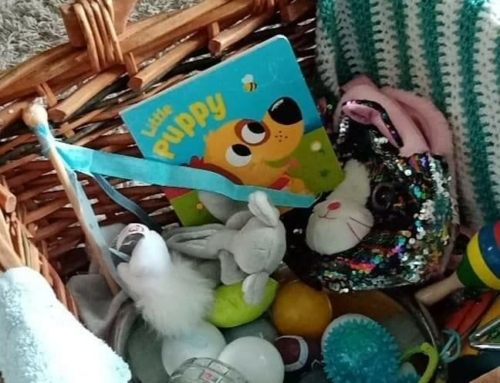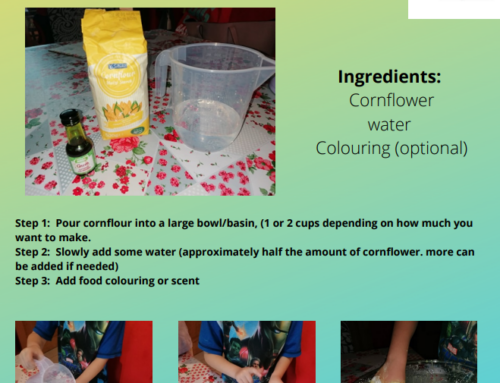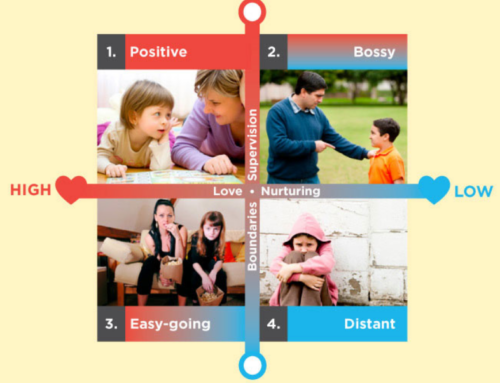We all experience emotional up and downs from time to time, throw in family life, work commitments and a pandemic, then it can change from one minute to the next. It is difficult to understand why we feel the way we do at times, and if this is true of us as adults, supposedly with a sound grasp of our emotions. Just imagine how this is for a toddler/small child….
Little ones are practically brand new, with so much to learn, so many opportunities, they think they have it sussed, and then there is this ‘all-knowing giant’ telling them NO! or stopping them from doing something they can do ‘meself’ (as my kids used to say).
For all of us stressed mums and dads we are keeping our children safe, teaching them right from wrong and becoming ever more frustrated by the endless tantrums our ‘little person’ is having.
Just as we aren’t doing it to be terrible, neither are they. It is when we step back and look at it from their point of view, we realise, what a massive journey it is for them.
If only we had the answer…
I’m sorry to say that I don’t and had I the answer, I would be extremely rich and living it up in my own private Caribbean Island, however there is one strategy that will make the process that little bit easier – EMPATHY!
Empathy is paramount – the ability to understand and share the feelings of others. We work tirelessly to understand how others feel, yet we sometimes dismiss the emotions of our children and put it all down to behaviour. We tend to forget that behaviour is a secondary response and there is a primary emotion behind this. For example if a child gets attention from behaving in a particular way, that is what they will do.
Issue 43 of the Growing Child highlights many issues of our child’s emotional needs together with several useful strategies, while Lifestart’s Shaping Ourselves and Our Children (SOOC) parenting programme also covers empathy in great detail.
Why is empathy important?
- Helps children manage their emotions and behaviour
- Builds child resilience
- Enables children to establish and maintain meaningful relationships
- Reduces bullying and violent behaviours
- Promotes a sense of social responsibility
- Helps us understand what motivates others, including those we do not know
- Is an active ingredient in conflict resolution
- Promotes open-mindedness and helps us challenge our own prejudices.
Steps in Empathy:
- As for road crossing – stop, look, listen
STOP – what you are doing, give full attention. LOOK – get down to their level make eye contact. LISTEN – be an active listener, look out for emotions.
- There’s not always a need to fix things… sometimes understanding and comfort is all that your child needs.
There are two things I have found to be invaluable:
- I am the adult
- Choose you battles
Just because I am the adult, doesn’t mean I know everything, it is not a ‘do as I say’ situation, this can lead to a stalemate, unfortunately I have learned that the hard way many times, which leads us to choose your battles.
As the adult you know which battles to choose. Arguing with a toddler over an item of clothing is pointless, does it really matter? It is up to you, the adult (you are responsible for 50% of the argument), give them the choice at the beginning – ‘would you rather wear the green or red t-shirt?’ This gives them a sense of empowerment and decision making. Something that will be of great value to them for the future while making getting dressed now in the present so much easier.
It can be an emotional struggle at times and we are all learning as we go, but together we will get through it!







